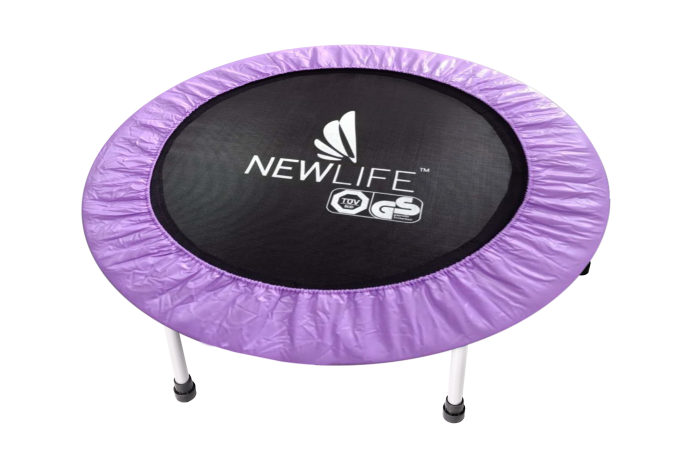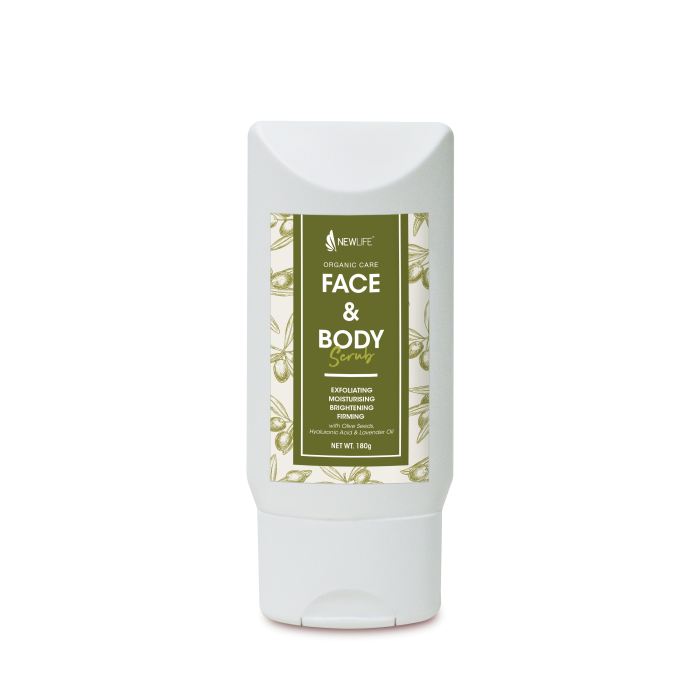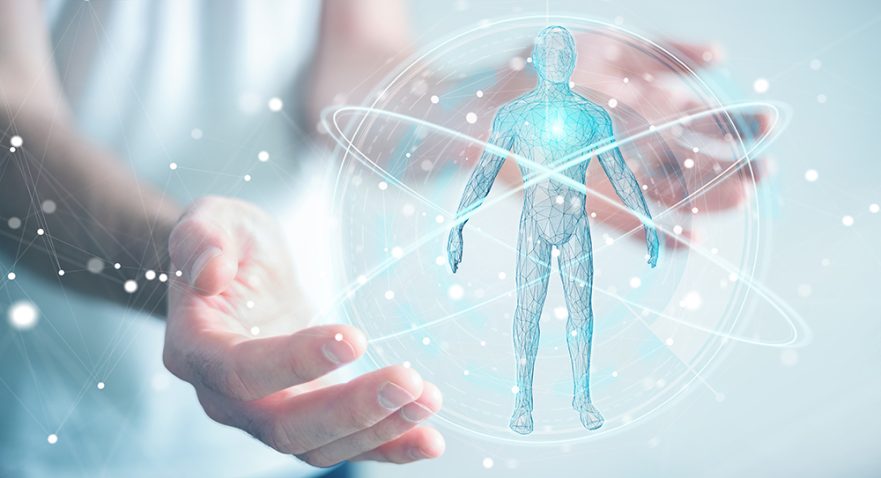Like a busy factory, our body produces a lot of waste and excess water that must be eliminated. How the body eliminates them depends on the nature of the waste. Most body wastes are in the form of solids, gases or liquid. The process of removing these unwanted materials is called excretion or elimination.
There are six organs in the body that eliminate waste: the lungs, skin, kidneys, liver, colon and lymphatic system. They don’t work synergistically together in the same way that organs do in other body systems. They function independently and excrete different forms of waste but they are all necessary to keep our body in optimal health and free from harmful substances.
In this article, we will discuss the role that each of these organs plays in the elimination of waste as well as some health tips and advice to help them function optimally.
LIVER
The liver is the second largest organ in the body. It sits under the lower ribcage on the right side. The liver filters chemicals like alcohol and drugs from the blood; manages your hormones and blood sugar levels; stores energy from the nutrients you take in; and makes blood proteins, bile and several enzymes that the body requires.
In addition to all these functions, the liver is a very important organ of elimination. It breaks down many substances in the blood, including toxins. The liver converts ammonia into urea, which is filtered from the blood by the kidneys and eliminated in urine. It also excretes in its bile the protein bilirubin, which travels to the small intestines and is eliminated in faeces by the large intestines.
LUNG
The lungs are not only a part of the respiratory system but are also important organs of elimination. They are responsible for eliminating gas waste from the body. The main gas eliminated by the lungs is carbon dioxide. Trace levels of other waste gases are eliminated as well.
In addition to eliminating gas wastes, the lungs contain tiny hair-like structures called cilia that move mucus, microbes (viruses and bacteria), and debris out of the airways. They move back and forth like a broom.
KIDNEY
The main function of the kidneys is the elimination of water and wastes from the blood through urine. Nephrons are the main structure found in the kidneys that act as filters; filtering out materials from the blood, returning what is needed back to the blood, and eliminating the rest as urine.
By producing and eliminating urine, they maintain the correct volume of extracellular fluid (fluids found inside the body but outside the cells). They also maintain the correct balance of salt and pH.
SKIN
The skin is the largest organ of elimination in our body. It plays a role in elimination through the production of sweat by the sweat glands. Besides cooling down the body, sweating also eliminates excess water, salts and other impurities.
LARGE INTESTINE
The large intestine is an important part of the digestive system. As an organ of elimination, its main function is to eliminate solid wastes that remain after the digestion of food and the extraction of water from food waste. The large intestine also collects wastes from other parts of the body. For example, bile is secreted into the large intestine containing the waste product bilirubin. The brown pigment found in bilirubin gives the brown colour to human faeces.
LYMPH
The lymphatic system comprises lymph fluid, lymph vessels and lymph nodes. The lymph fluid flows through a network of lymph vessels. These vessels are connected to lymph nodes. The nodes act as filters, trapping or destroying anything harmful that the body does not need.
Within the lymph nodes are white blood cells called lymphocytes. Lymphocytes attack and break down bacteria, viruses, and damaged or cancer cells.
The lymph fluid carries the waste products back into the bloodstream. The liver or kidneys then remove these from the blood, eventually passing them out with other body wastes through bowel movement or urine.
Keeping the Organs of Elimination Strong and Healthy
Maintaining the health of each organ involved in the elimination of waste is extremely important. If any of them underperforms, the waste materials that they are responsible to eliminate will start to accumulate inside the body. This can lead to autointoxication, organ failure and other chronic health issues.
Here are some health recommendations that will enhance the elimination process:
Keep your body hydrated by drinking enough fluids. Most people should try to drink at least 2 litres of fluid daily. Distilled water is the best water for hydration. Extra fluid intake may come in the form of cold press juices or Honegar (honey and apple cider vinegar diluted in water).
At least half of your daily meal should contain high fibre foods like whole grains, vegetables and fruit. Alternatively, taking Herbal Klenz Powder and ImmuFlora® daily will help improve your intestinal health and bowel movement.
Exercise regularly. Not only does regular physical exercise helps in maintaining a healthy weight, it also helps strengthen the lungs, prevents bladder problems and constipation, burns triglycerides for fuel and reduces liver fat.

Bounce on the Rebounder at least 10-15 minutes daily to stimulate your lymphatic system. Those who live a sedentary lifestyle and do not exercise regularly tend to have poor lymph flow. When the lymphatic flow is poor, toxins will accumulate in the body thus making them more prone to illness.
Get enough sleep. Experts recommend between 7-9 hours of sleep daily. Drinking a cup of Chamomile Tea before sleep can help promote deeper sleep.
Spend time doing stress-reducing activities like reading or walking outdoors. Stress can harm your skin and the other organs of elimination.
Scrub regularly. The skin is covered with dead skin cells that stay on the surface. These cells can cause problems like clogged pores, calluses, hair loss, breakouts, corns and more. This is why it is important to scrub the skin regularly to remove dead skin cells and improve blood circulation in the body.

NewLife™ Face & Body Scrub is very effective in removing dead skin cells and promoting detoxification through the skin. Please turn to page 10 for more details.
Eat supplements rich in antioxidants as they help to reduce inflammation in the body and support the healthy functions of all the eliminatory organs.

Vitamin C Complex, CoQ10 Plus, Collasta, Super Green Food ++, and Spirulina contain antioxidants that are able to meet the daily needs of the body.
Strengthen the liver by doing the following:
Administer Coffee Enemas regularly. Coffee Enemas play an important role in the detoxification of the liver and blood. When coffee enters the liver via the large intestine, it causes a dilation of the bile duct, which enables the draining of toxins from the liver. It also increases the production of Glutathione S. Transferase (GST) by 600-700%. GST is an enzyme that helps to remove free radicals and other toxins from the blood.
Take Liverin daily. Liverin contains a synergistic blend of herbs at the right potencies that work together to combat free radicals and oxidative stress that the liver is exposed to daily.

